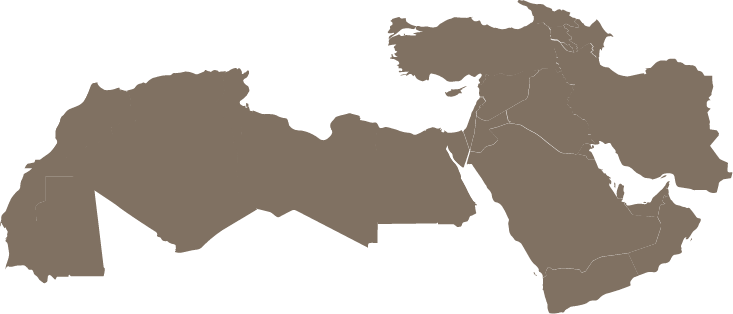We are living in a dramatic moment of history. Tunisia, Egypt, Libya, Algeria, Yemen, Jordan, Bahrain, Iran: hundreds of thousands of people in the streets demanding freedom; autocrats and royals rapidly losing their grip; national identities newly up for grabs; the social and political order upended in capitals across the region. Ordinary people using the medium of social networks to amplify the cry for human rights.
Where is URI in all of this? URI is in the middle of the revolution. We are in Tunisia, in Egypt, in Iran, in all of these places and more. URI members are in the streets, practicing our principles: praying, connecting, supporting, being a voice for cooperation among all people to achieve the common goal of freedom.
Although URI’s is just one of many voices in this revolution, there is no more important foundational hope at work in any of these countries than the hope that URI carries: that peace among religions will change the world. For ten years URI has been doing the slow work on the ground of building relationships among both adherents and leaders of various beliefs; championing the rights of religious minorities; bridging ancient and antagonistic divides; and finding a place for respect and restraint among religious competitors. Doing the groundwork for each of these re-emerging nations to get it right.
As Tunisian and Egyptian leaders stepped down, the world awakened once again to the voice of the people, to the power and principle and potential of the grassroots. This is exactly what URI envisioned from the start: the potential of ordinary people of all faiths to stand up together and create a different paradigm. Not a new religion but a new kind of social network, one that draws upon the best that each religion, indigenous tradition, and spiritual expression has to offer through the lives of their ordinary constituents, and harnesses it to build a better world. The force that was unleashed in a square, Tahrir Square, is a force that is being unleashed in circles, Cooperation Circles, every day.
That's why we are here. To the extent that URI can be a factor in ending religiously motivated violence—violence toward religions, violence by religions, violence among religions—to the extent that URI can create cultures of peace, justice and healing in any part of the world, we have a worthy gift to give to society. A gift from the grassroots of religion which is desperately needed today, and will be ever more needed tomorrow.
